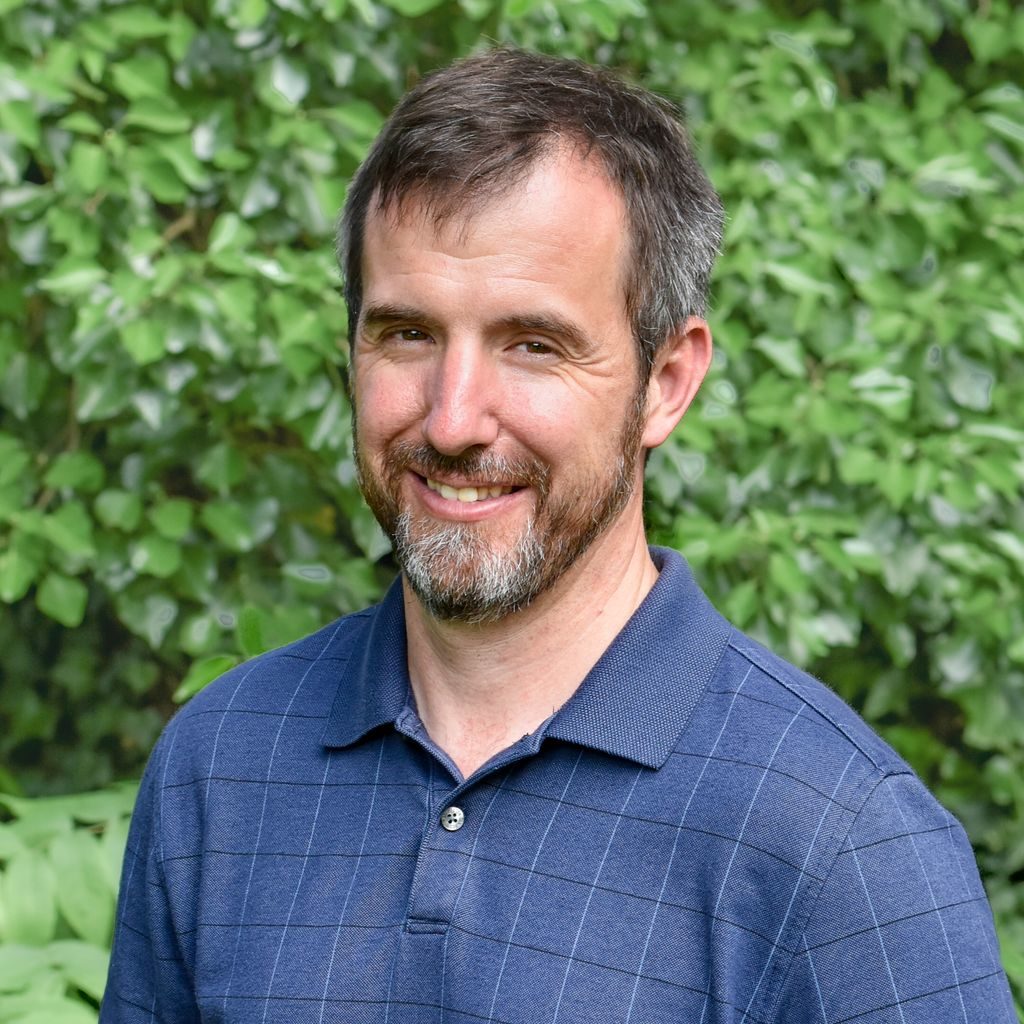Breaking Free from Adolescence: Guiding Young Adults Through Life’s Uncertainties


This article was originally published on Medium.
Several years ago I was speaking at a conference. I was doing seven or eight sessions and by the sixth one, I couldn’t help noticing that the same young man had been sitting in the front row for every single one of them. At the end of the sixth, he stayed after I was done to talk to me. He told me he was enjoying the sessions and they were very helpful, always great news to hear as a speaker!
I asked him questions about what he was doing, where he was in life, what he enjoyed, and where he thought he was going. It quickly became apparent that this young man didn’t really need my sessions as he knew about most of the things I was talking about. He listed impressive accomplishments, demonstrated good solid thinking, and was certainly easy and comfortable to talk to. He impressed me with his background, training, and preparation for life.
Eventually, the conversation moved to discussing his present and future plans. I asked what he was doing now? He replied that he was living at home with his parents and trying to decide on what was next. That’s not particularly unusual for young people. Living at home and either going to school, working, or preferably both, before launching out on your own is often a wise decision. I was slightly surprised to find that he was not involved in any higher or continuing education and he also wasn’t working, not even a part-time job. I mentally raised my eyebrows when he gave his reasoning for his inactivity as “taking time to really talk to people and think and study on what my best options are so I can make a good choice about my future.”
I asked how that was going, and what was he planning on doing in the future. Some despair clouded his face and with evident frustration, he admitted he wasn’t really sure and didn’t have a clear idea yet. There were too many options and things were very confusing. Every time he thought he had a good idea of what direction to go things changed and left him uncertain again. Again, not unusual problems for anyone, especially for young people who are trying to figure things out. Taking a few weeks or even a few months to think things through before making a decision can be a wise move.
I asked how long he had been working on deciding what to do next. His reply: “Man, I have been trying to figure this out since I graduated from high school!” I inquired how old he was now.
The future of education in your inbox.
Get productivity tips, commentary, and Unbound updates sent to you!
His answer?
Twenty five.
Twenty five years old! Seven years of inquiry, questions, and uncertainty with no clear answers in sight!
Here was a young man who had a great elementary and secondary education, solid family support, good experience, excellent training, impressive accomplishments. A model student. A young man who seemed to be stuck permanently in adolescence. Stalled and stopped on the very threshold of becoming an independent adult.
I often meet young men and women who are very similar. Young adults who in many ways are better educated and have better opportunities in front of them than previous generations who are stalled, stopped, and confused on the very brink of full adulthood.
This generation, like every generation before them, has talent, energy, and ability that is and will be world changing. They face significant challenges and have amazing opportunities, just like every generation before them.
Then why is it that young people today, unlike those of previous generations, seem to have particular difficulty in breaking free of adolescence and launching into the next phase of their lives? While there are certainly many complicated factors at work here I think the biggest reason is this: We live in a world of unprecedented, unrelenting, unmerciful, and unending change. We happen to live in a time of great disruption.
This disruption creates problems that need to be solved. That constant need for problem solving creates unprecedented opportunity. Both of these things, the problems and the opportunity, contribute to confusion and paralysis for young people.
The constant need to solve problems creates an atmosphere of uncertainty and generates lots of opportunity for failure. Uncertainty and the possibility of failure is intimidating for young people. The unprecedented opportunity that is available because of this disruption is equally confusing for young people. They see high profile people who have seemingly mastered these new opportunities and all the reward that comes with it. Social media would have us believe this kind of success and life perfection is available to everyone and seemingly experienced by everyone (except you).
One should desire not just a job that pays the bills, but a career that fulfills one’s very soul. This job will have a starting salary that provides immediate financial security and opportunity. The work you do should have recreational activities that are worthy of Red Bull sponsorships and accomplish service and humanitarian opportunities that will change the world. The result is paralysis. How is it possible to choose from an infinite amount of opportunities that are constantly changing when it is essential that you choose the right one that will bring you endless success and bliss? It’s mission impossible.
There is good news. The world may be faced with unprecedented change and disruption, but there are foundational principles that are at work in the world that are unchanging. It is possible to learn the foundational things that make the world work. Once you know that you can learn to master those principles and put them to work for you. The details of your life will be different than anyone else’s. Your challenges and opportunities will be unique. You will have to use your own ability and creativity to apply these principles to your unique circumstances, but those challenges are what life is all about and what makes it so much fun!
Do you have a favorite game or sport? You really can’t play until you understand the rules. Once you know the rules you need a good teacher or coach to teach you the tactics and strategies. Once you know the rules and the strategy then you can apply your skill and creativity to master the game.
Young people, and the adults who teach, parent, and coach them, should do what every good sports coach does. Focus on the fundamentals. Look first to understand the things that are true no matter what, the principles of life. Then start to figure out how those principles apply to and work in your life.
The first step (understanding principles) requires learning. The second step (applying those principles to your life) requires action.
Combine the two and there’s very little chance that you will be 25, or the parent of a 25-year-old, with no job, no plan, and no purpose.


Jonathan Brush is the President and CEO of Unbound, a homeschool graduate, and a homeschool dad of six. He worked for nine years as a Director of Admissions for a private, liberal arts college, and then spent over ten years working in non-traditional higher education.
Jonathan loves Unbound and Unbound students and dreams every single day about new ways to connect them to each other. He gets to work with the world’s best team and the most amazing student body in the history of the world (which is just as awesome as it sounds), and field questions about Rule 4 violations (ask an Unbound student to explain). Jonathan and his family make their home in the Shenandoah Valley of Virginia.


